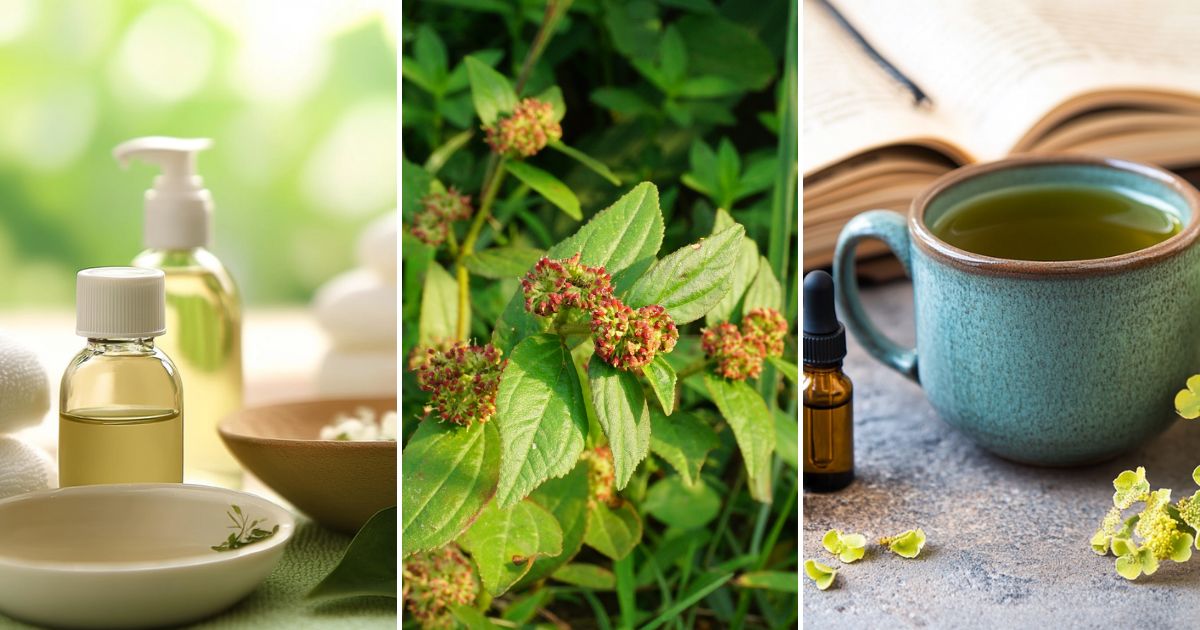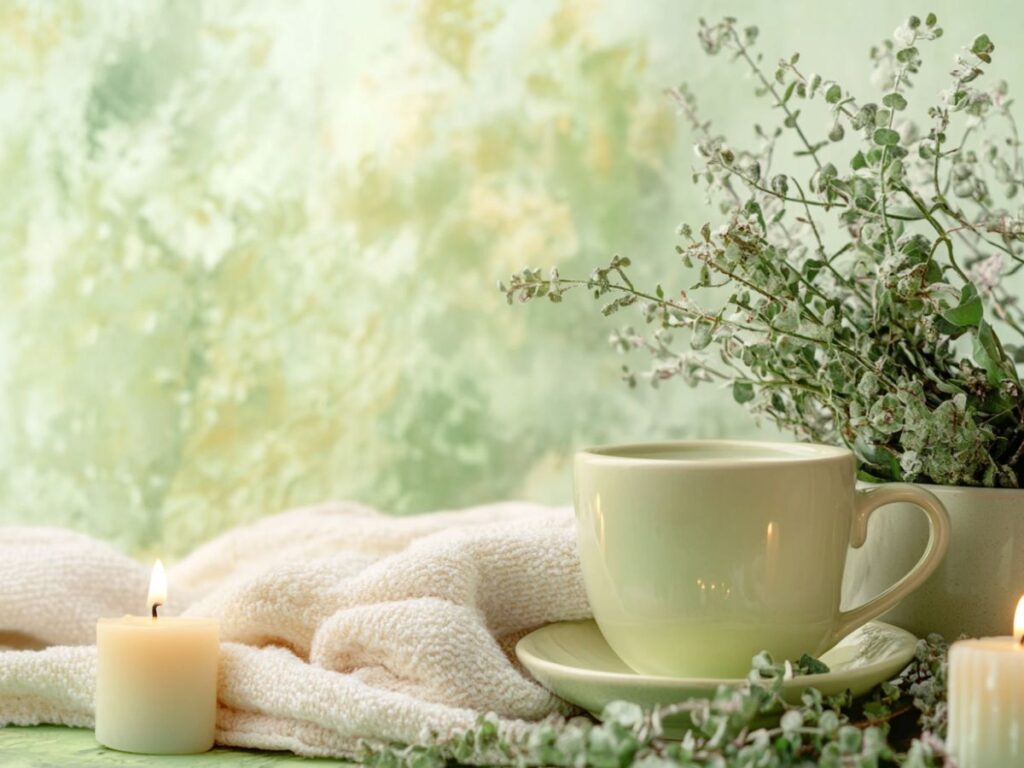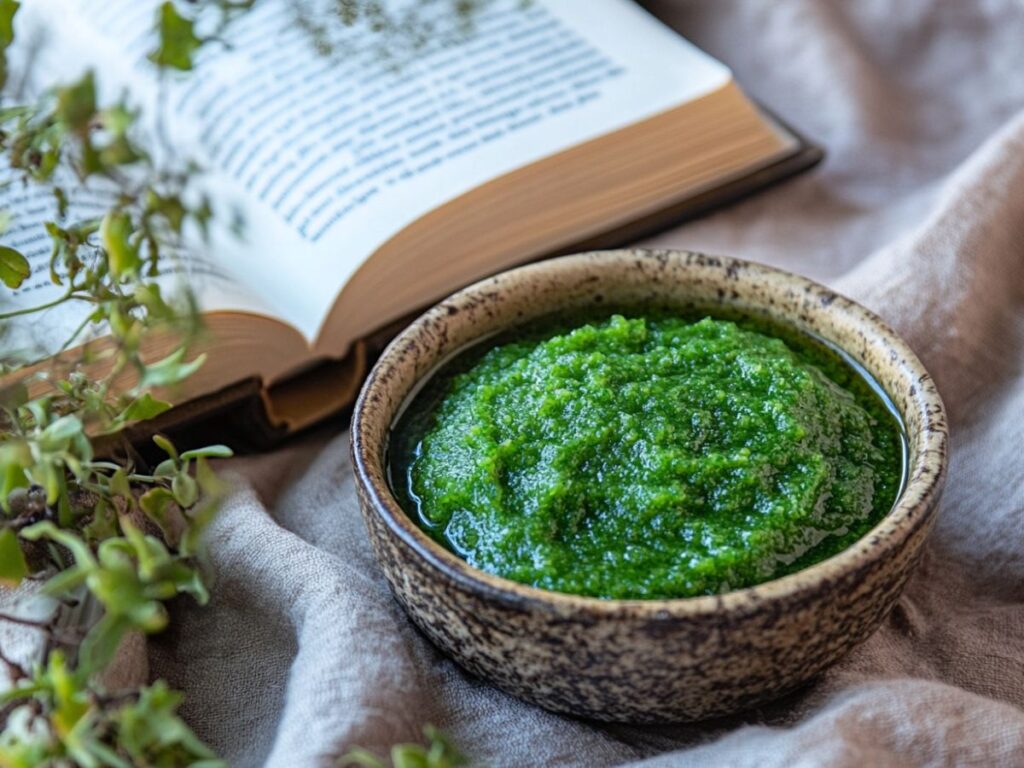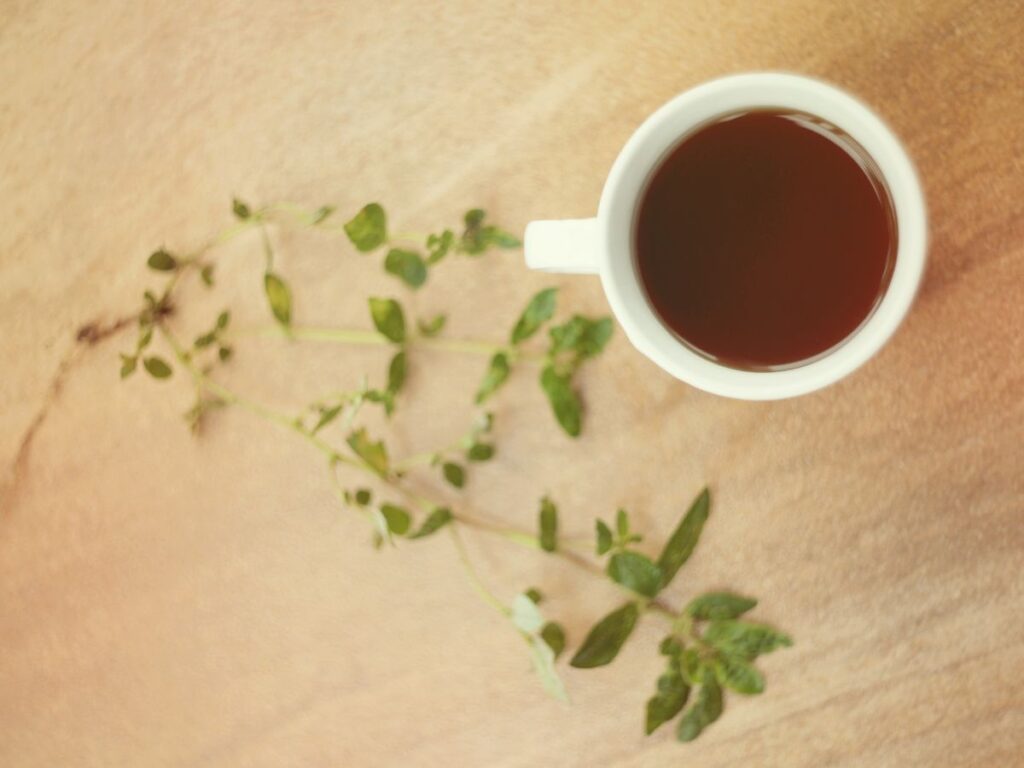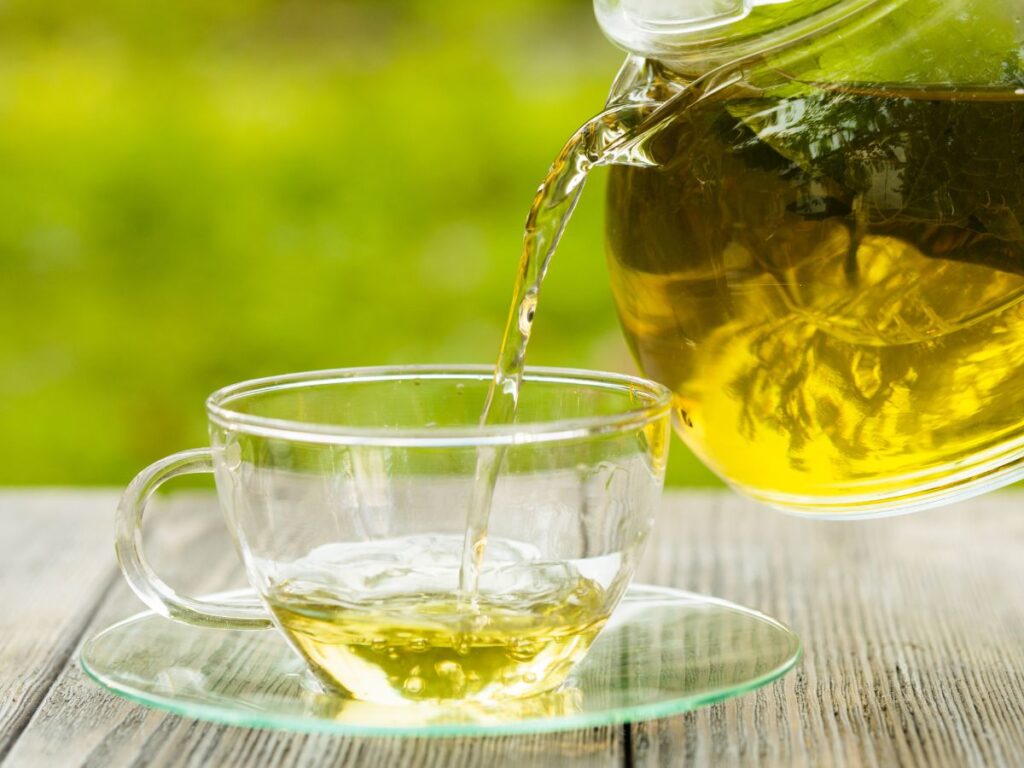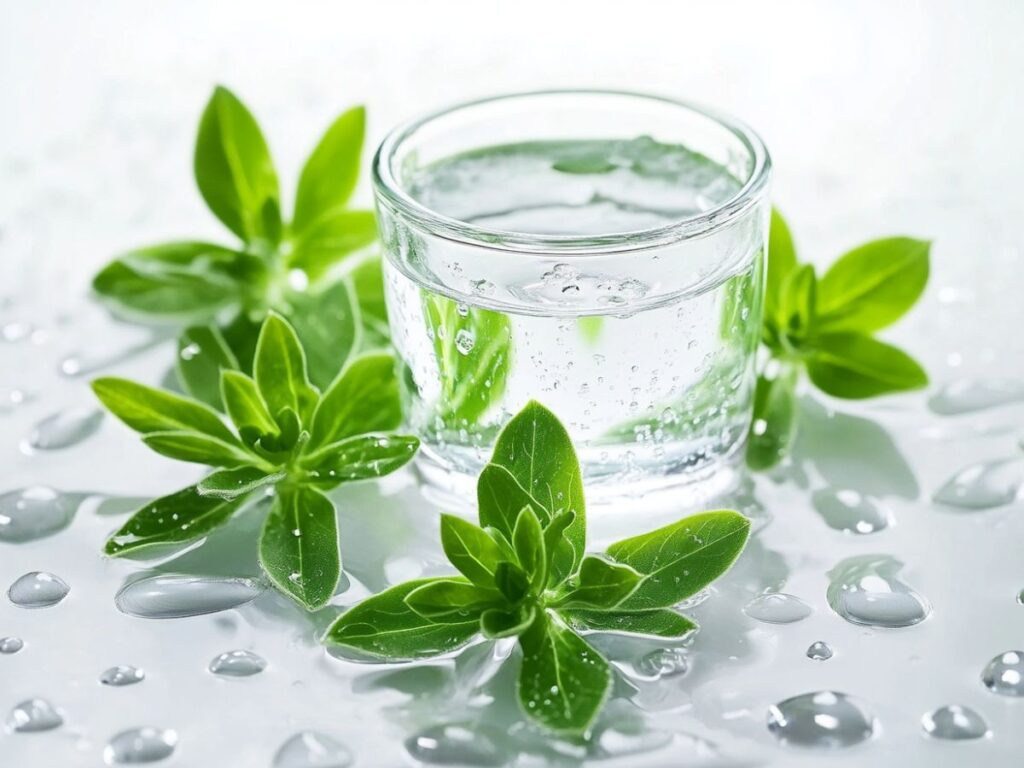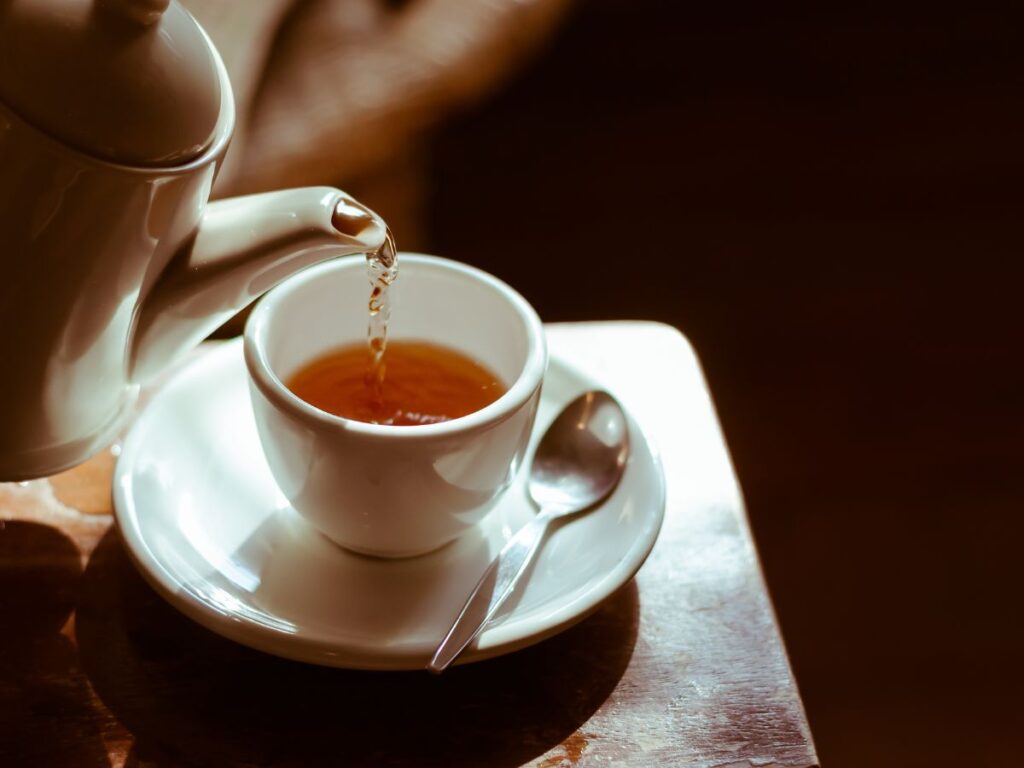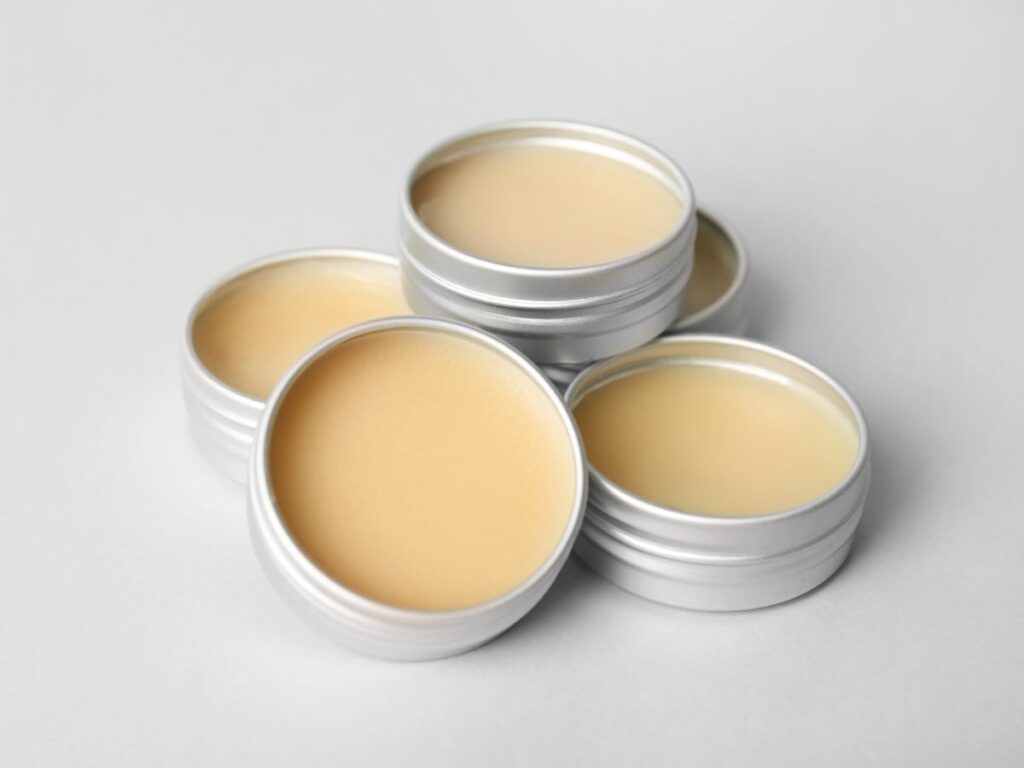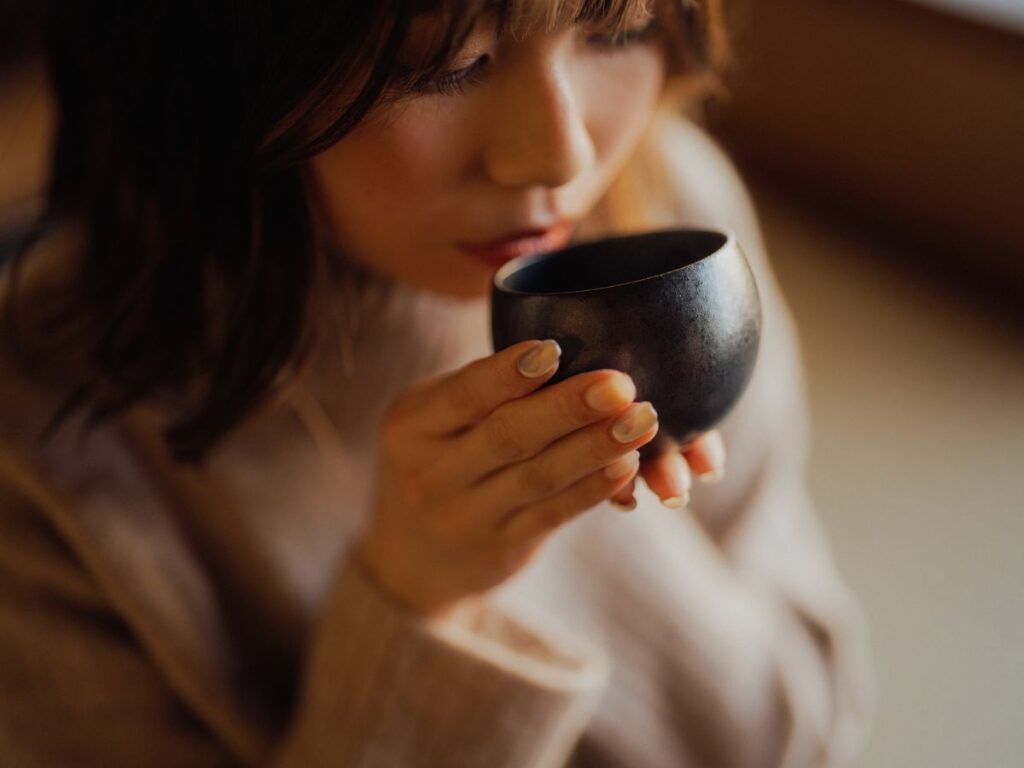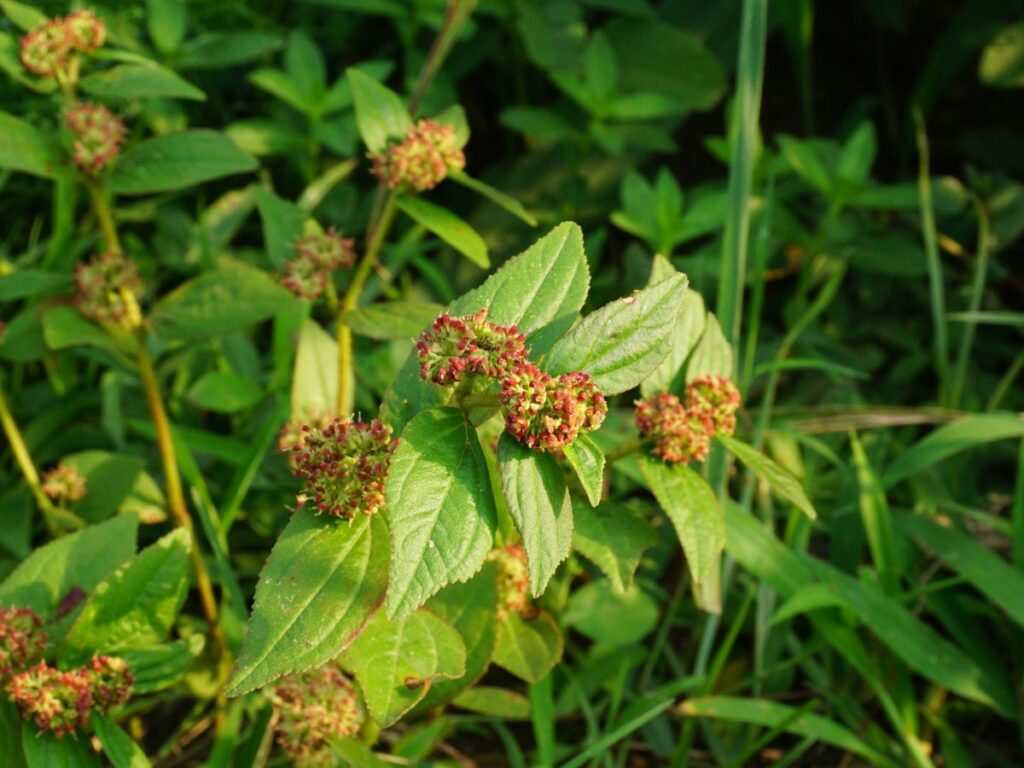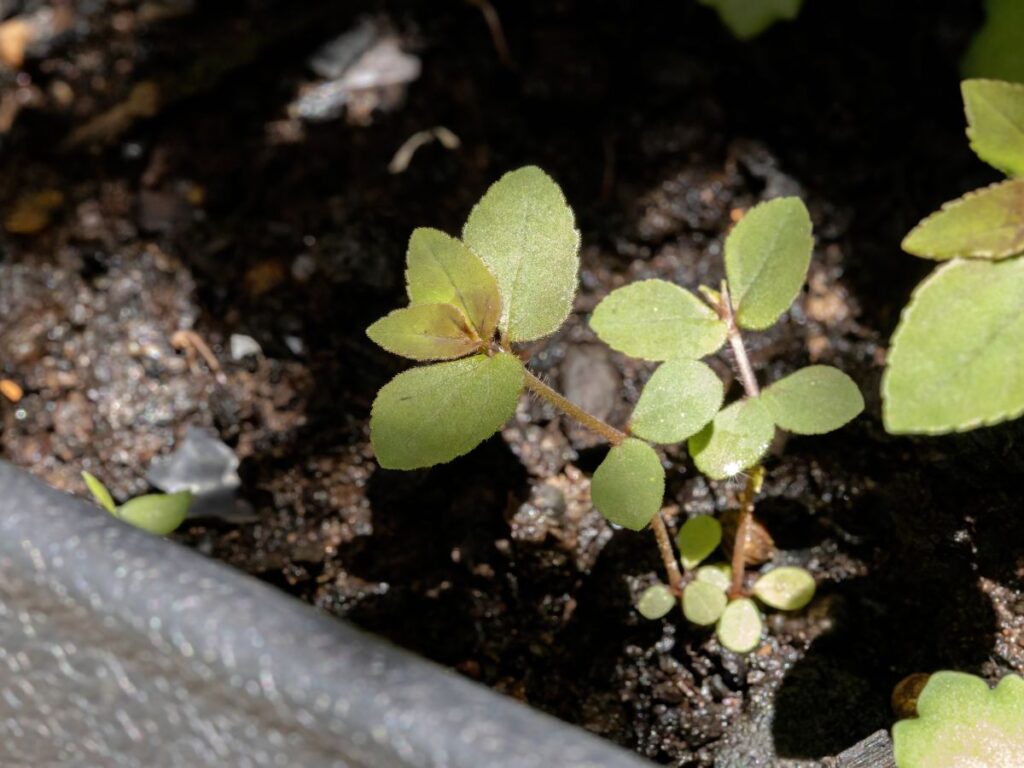Euphorbia Hirta, often overlooked in the world of plants, is a tiny herb with big benefits. Commonly known as asthma-weed or snakeweed, this unassuming plant has a rich history in traditional medicine and a host of uses that make it worth a closer look.
Euphorbia Hirta has been revered for centuries, especially in tropical regions, where it grows abundantly. Its medicinal properties are now being rediscovered, offering natural ways to support health and wellness.
Let’s explore nine benefits of Euphorbia Hirta that may surprise you and inspire you to consider this natural remedy in your own wellness routines.
1. Aids Respiratory Health
Known as “asthma-weed,” Euphorbia Hirta has earned its nickname for a reason. Traditional healers have long used it to treat respiratory issues, including asthma, bronchitis, and chronic coughs.
The plant contains active compounds like flavonoids and tannins that work as natural bronchodilators, helping to open airways, reduce inflammation, and ease breathing.
If you’re seeking a gentle, plant-based solution for respiratory health, Euphorbia Hirta may be worth exploring.
Brewed as a tea, it can offer relief for minor respiratory discomforts, although anyone with chronic conditions should consult with a healthcare professional first.
2. Natural Anti-Inflammatory Properties
Inflammation is often the body’s response to injury, infection, or stress, but chronic inflammation can lead to various health issues.
Euphorbia Hirta contains phytochemicals that act as natural anti-inflammatory agents, making it beneficial for reducing inflammation.
It’s particularly useful for calming skin irritations and may even provide relief for mild joint pain. When applied topically, it can soothe irritated skin and minor wounds, making it a useful addition to a natural first-aid kit.
3. Helps with Digestive Issues
For centuries, Euphorbia Hirta has been used to alleviate common digestive troubles. Its antispasmodic properties can help relax the muscles in the digestive tract, easing cramps and indigestion.
Additionally, the plant is known to have mild laxative effects, which can aid in relieving constipation.
Consuming Euphorbia Hirta tea in small doses may help settle the stomach and support digestion, especially when dealing with minor issues like bloating or gas.
4. A Natural Aid for Urinary Tract Health
In many cultures, Euphorbia Hirta has been used as a natural remedy to support urinary tract health.
Its diuretic properties stimulate urination, which helps flush out toxins from the kidneys and bladder. This is particularly beneficial for anyone who might be prone to urinary tract infections (UTIs) or kidney issues.
By encouraging the body’s natural detoxification process, Euphorbia Hirta can play a supportive role in maintaining urinary tract health. However, it should be used carefully, as excessive diuretic use can lead to dehydration.
5. Boosts Immunity
Euphorbia Hirta is rich in antioxidants, which are essential for a robust immune system. These antioxidants help combat oxidative stress, a factor that can weaken immunity and accelerate aging.
The plant contains compounds like polyphenols and flavonoids, which have immune-enhancing effects and help the body fend off common illnesses.
Regularly consuming a mild Euphorbia Hirta tea might offer gentle, ongoing immune support, especially during seasonal changes when immunity tends to dip.
6. May Offer Antiviral Benefits
One of the more surprising benefits of Euphorbia Hirta is its potential antiviral properties.
Studies have shown that it contains compounds that may inhibit the replication of certain viruses, which is particularly exciting for those interested in natural preventive measures.
Traditional medicine practitioners have used Euphorbia Hirta to manage viral symptoms, although more research is needed to fully understand its efficacy.
This antiviral potential makes Euphorbia Hirta a valuable plant in regions where access to conventional medicine is limited.
7. Supports Blood Sugar Regulation
If you’re managing blood sugar levels, Euphorbia Hirta might be a plant to consider. Preliminary studies suggest that compounds in the herb can have a hypoglycemic effect, helping to regulate blood glucose levels.
While this research is still in the early stages, the findings are promising for individuals looking to support healthy blood sugar levels naturally.
Consuming it as part of a well-balanced diet could offer gentle support, though it should never replace medical advice or prescribed medications.
8. Promotes Healthy Skin
Skincare enthusiasts may find Euphorbia Hirta particularly intriguing. With its natural anti-inflammatory and antibacterial properties, this herb can be used to support clear, healthy skin.
Euphorbia Hirta extracts are often applied topically to treat acne, eczema, and other minor skin irritations. Its antibacterial compounds can help cleanse the skin, reducing bacteria that can cause breakouts.
For those who prefer natural skincare solutions, a diluted Euphorbia Hirta infusion can be a gentle addition to their routine, providing calming benefits for inflamed or sensitive skin.
9. Aids in Menstrual Health
Euphorbia Hirta has also been traditionally used to ease menstrual discomfort. Thanks to its antispasmodic properties, it can help relieve menstrual cramps and reduce tension.
For many women, managing menstrual symptoms naturally is a priority, and Euphorbia Hirta may offer an alternative to over-the-counter medications.
Drinking a tea made from this herb during the menstrual cycle might help alleviate mild cramps and promote a sense of relaxation.
How to Use Euphorbia Hirta Safely
While Euphorbia Hirta offers numerous benefits, it’s essential to approach it with care.
Like any natural remedy, it should be used in moderation and with guidance from a healthcare professional, especially if you have underlying health conditions or are taking medications. Here are a few suggestions for safe use:
Infusions or Teas: Steep dried Euphorbia Hirta leaves in hot water to create a gentle tea. Start with small amounts to ensure you do not experience any adverse reactions.
Topical Application: Dilute Euphorbia Hirta in a carrier oil or use a mild infusion for skin applications, especially for treating acne or minor skin irritations.
Consult with a Professional: Always consult with a qualified herbalist or healthcare provider to determine the right dosage and to ensure safety.
Growing Euphorbia Hirta
If you’re intrigued by the benefits of Euphorbia Hirta, consider growing it yourself. It’s a hardy, adaptable plant that grows well in tropical and subtropical climates. Here are some tips to get started:
Sunlight: Euphorbia Hirta thrives in full sun. Place it in a sunny spot in your garden or by a window if growing indoors.
Soil: It prefers well-draining soil, so mix in a bit of sand if necessary to ensure good drainage.
Watering: While Euphorbia Hirta doesn’t require frequent watering, keep the soil slightly moist, especially during dry spells.
Harvesting: Once the plant has matured, you can harvest the leaves, which are the most commonly used part for teas and infusions.
Euphorbia Hirta is a hidden gem in the plant world, offering a wide array of benefits that range from supporting respiratory health to promoting radiant skin.
With the increasing interest in natural remedies, Euphorbia Hirta stands out for its versatility and potential.
It’s a wonderful reminder of the power of plants, many of which have been used for centuries by cultures worldwide.
However, remember that while this herb offers various benefits, it should be used thoughtfully and with care. By doing so, you may discover that Euphorbia Hirta is a valuable addition to your natural wellness toolkit.
